Types Of Acne Scars And How To Treat Them Naturally At Home
Understanding and conquering various types of acne scars and a guide to treatments.
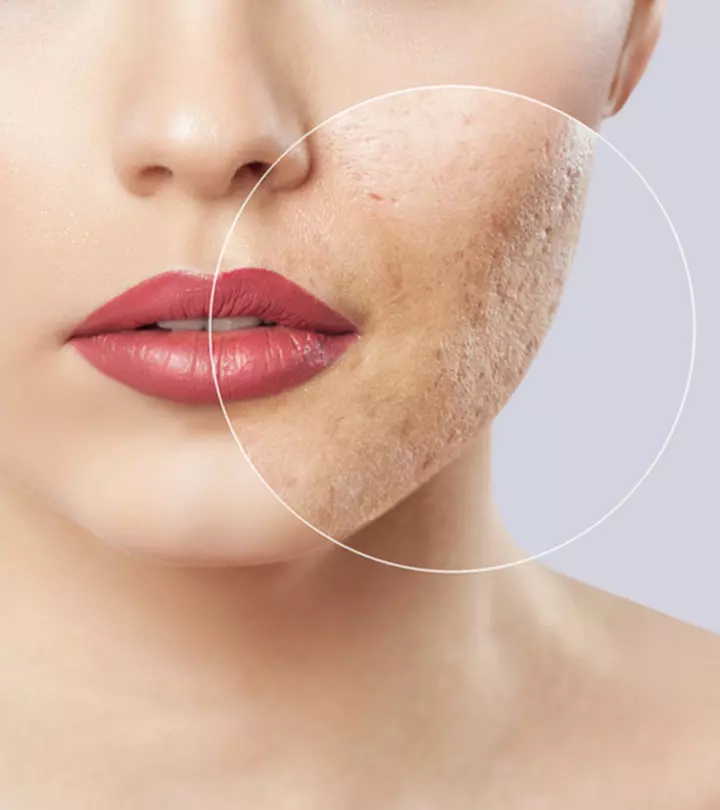
Image: Shutterstock
Acne can be stressful and impact your overall well-being. However, some can be minimized by treatments and home remedies, while some may leave stubborn scar marks. There are several types of acne scars, and not all are the same. Some are shallow and may fade easily, while others can be deep. This article explains the different types of acne scars you may develop, identifying and dealing with them, the available treatments, and more. Keep reading to know more.
In This Article
Different Types Of Acne Scars
1. Atrophic Scars
You will get atrophic scars if you suffer from severe cystic acne. These scars appear as shallow depressions on your skin. There are 3 types of atrophic scars:
- Boxcar scars: These have a box-like appearance and are caused due to acne or chickenpox. These are found on the lower cheeks and the jaw.
- Ice Pick Scars: These appear as small pricks on your cheeks.
- Rolling Scars: These appear uneven on your skin.
Being able to identify the different types of atrophic acne scars can help you arrive at effective treatment options to get rid of them.
2. Keloid And Hypertrophic Scars
These scars are caused due to insect bites, surgery, acne, or chickenpox. They are formed by the excessive deposit of collagen under your skin (1). They manifest as raised lumps.
There are several treatments available to help manage the appearance of hypertrophic scars. Here are some of the options your doctor may recommend:
- Corticosteroid Injections: This treatment involves injecting steroids into the acne scars every six weeks to help flatten and soften them.
- Bleomycin: This is a medication that is injected into the scar to damage the overgrown cells and improve the appearance of the scars and reduce pain and itching. They are often used in combination with corticosteroid injections and laser therapy.
- Cryotherapy: This procedure involves using extremely cold liquid nitrogen to freeze and destroy scar tissue, which helps flatten the scar.
- Surgery: This option is usually opted for when other treatment options have failed to provide the desired results. This treatment involves removing the scar-causing tissue to help re-heal the injury.
3. Post-Inflammatory Hyperpigmentation
Hyperpigmentation
is not technically a scar, though it is often considered so. It happens when your acne heals and forms a discolored patch on your skin. This kind of hyperpigmentation can be treated with the use of a good sunscreen.
Identifying the type of scar you have can help you pick the right mode of treatment. However, the natural remedies listed in the next section could work on most scar types.
Key Takeaways
- Atrophic scars that look like shallow depressions on the skin are more common with severe cystic acne.
- Keloid and hypertrophic scars look like raised lumps and are formed from the excessive deposit of collagen under the skin due to acne, surgery, chickenpox, or insect bites.
- Hyperpigmentation looks like a discolored patch on the skin and happens after the acne heals.
- Tea tree oil, turmeric powder, apple cider vinegar, coconut oil, lemon, honey and aloe vera are key ingredients in various natural home remedies that can be used to treat or reduce acne scars.
- Microneedling, laser therapy, microdermabrasion and chemical peels are other treatment options for removing acne scars.
Natural Remedies To Treat Acne Scars
1. Tea Tree Oil
Tea tree oil possesses
strong anti-inflammatory and antimicrobial properties (2), (3). These properties may help reduce the scars by accelerating the wound healing process.
What You Will Need
- Tea tree oil
What You Have To Do
- Take 2 to 3 drops of tea tree oil in your palm.
- Apply the oil all over your face.
- Follow with your regular skin care routine.
How Often You Should Do This
Do it every day.
2. Turmeric Powder
Turmeric contains curcumin, a compound that helps control the excess production of melanin (4). Melanin is the component that adds pigment to your scar, resulting in hyperpigmentation. Using turmeric on your face may help treat hyperpigmentation. Meanwhile, honey may help reduce acne scars, thanks to its wound healing and moisturizing properties (5).
What You Will Need
- ½ a teaspoon of turmeric powder
- 1 teaspoon of honey
What You Have To Do
- Mix the turmeric powder and honey in a bowl.
- Apply the mixture all over your face.
- Leave it on your face for 15 to 20 minutes.
- Wash with lukewarm water.
How Often You Should Do This
Do it 2 to 3 times a week.
3. Apple Cider Vinegar
Anecdotal evidence suggests that apple cider vinegar is a great exfoliant and may help exfoliate the upper layer of your skin. This action may help face acne scars.
What You Will Need
- A bottle of apple cider vinegar
- Water
- A spray bottle
What You Have To Do
- Take a spray bottle and fill half of the bottle with ACV and the remaining half with water.
- Mix well and spray the mixture every day after washing your face.
- You can leave the ACV on your face and let it get absorbed into your skin.
How Often You Should Do This
Do this every day.
4. Virgin Coconut Oil
Virgin coconut oil
is known for its moisturizing and anti-inflammatory properties. It may fade your acne scars (6). Virgin coconut oil traps moisture under your skin and may potentially help reduce acne scarring. Moreover, the oil also helps in collagen production and may boost wound healing (7).
What You Will Need
- 2 to 3 drops of virgin coconut oil
What You Have To Do
- Apply the oil all over your face and massage well.
- Do not wash your face afterward.
- Let the oil soak into your skin. You may do this in the night, before hitting the bed.
How Often You Should Do This
Do this every day.
5. Lemon Juice And Honey
Honey is known for its wound healing and moisturizing effects (5). Anecdotal evidence suggests that lemon may work as a bleaching agent and help lighten your skin tone. These ingredients together may help fade the acne scars.
What You Will Need
- 1 tablespoon of honey
- 2 to 3 drops of lemon juice
What You Have To Do
- Mix the honey and lemon juice.
- Apply the mixture all over your face.
- Leave it on for 20 minutes and wash your face with lukewarm water.
How Often You Should Do This
Do this 2 to 3 times a week.
6. Aloe Vera
is known for its wound healing properties (8). Topical use of the plant may help reduce acne scars. Aloe vera also contains aloesin. Aloesin is believed to reduce the excess production of melanin in the skin, thereby reducing hyperpigmentation (9).
What You Will Need
- An aloe vera branch
What You Have To Do
- Remove the gel from the aloe vera branch.
- Apply the gel all over your face.
- Leave it on for 1 to 2 hours and wash your face with cold water.
- Alternatively, you can also use aloe vera gel available on the market.
How Often You Should Do This
Do this every day.
A blogger applied aloe vera on her acne-scarred face for 7 days to see if it would help reduce the appearance of acne scars. After seven days, she noticed that although the scars were not completely gone, they reduced significantly. She wrote, “My larger breakout areas completely smoothed out and the redness was minimized. A few blemishes also banished within the week of using Aloe Vera, mainly in the temple area (i).”
 Pro Tip
Pro TipThese are the natural remedies that have the potential to fade acne scars. However, direct research on these is limited. You may also opt for other cosmetic procedures to reduce your scars (after consulting your doctor). We have listed them below.
Other Ways To Treat Acne Scars
1. Chemical Peels
Using chemical peels may help exfoliate the outer layer of your skin. This may help reduce the appearance of your acne scars over time (10). Some of the widely used chemical peels are glycolic acid and salicylic acid. Both these acids are safe for use on the skin and deliver good results.
2. Laser Therapy
is a process of removing the outer damaged layer of your skin. This procedure also helps stimulate collagen production (10). Opting for this procedure may help reduce acne scars. However, keep in mind that laser therapy may not help treat deep ice pick scars.
3. Microdermabrasion
Microdermabrasion
is another method of exfoliating your face with the help of a diamond tip (10). This process also helps remove the damaged outer layer of your skin and may help fade the acne scars.
4. Micro-needling
Micro-needling
is a process of creating tiny pricks on the surface of your skin. This process triggers your skin to produce collagen, which may help reduce the appearance of scars and improve skin texture (11).
Following are a few tips that may help prevent acne scars/reduce their severity.
Tips To Prevent Acne Scars
- Wash and exfoliate your face regularly.
- Remove your makeup before going to bed.
- Never pop your pimple. A popping pimple may leave scars on your face.
- Use a good sunscreen, preferably with SPF 30 or higher. Anecdotal evidence suggests that using sunscreen every day may help reduce the risk of acne scars.
- Regularly moisturize your skin.
- Maintain a healthy diet. Eat more fruits, veggies, and complex carbs. Cut down on junk and sugary foods.
 Pro Tip
Pro TipDespite taking adequate measures, you may still have to consult a dermatologist. When should you do that?
When To See A Dermatologist
Most people with acne scars do not need to consult a dermatologist as their scars fade away with the right treatment methods. However, if you observe no results despite prolonged treatment (more than a year), you may have to consult your dermatologist and consider alternative treatment options.
Acne scars may heal significantly over time, but they are unlikely to disappear entirely. They are, however, simple to treat if done correctly. Do not be concerned or stressed over them. Instead, use natural remedies, limit sun exposure, drink plenty of water, and keep a close eye on your diet. Acne scars usually heal on their own and improve with time. Unfortunately, treatment is required if you notice permanent changes in the skin color or indentations. It is critical to treat acne scars at the earliest if you want excellent outcomes. Following consultation with your dermatologist, you may seek medical treatment options.
Frequently Asked Questions
Do acne scars worsen with age?
Yes, aging can result in loss of collagen and elasticity. This may result in your acne scars looking more severe (12).
Can acne scars spread?
Yes, this depends on the severity of the scar. Sallow lesions heal quickly without leaving a scar. Deeper acne lesions may spread to the nearby tissues which may result in a severe and noticeable scar.
Can acne scars turn white?
Yes, acne scars can turn white. This happens due to the loss of melanocytes from a trauma, inflammation, or injury.
Is it better to treat acne scars early?
Yes, treating acne scars early may prevent further acne and scarring. Consult your dermatologist for proper treatment.
Does massaging help acne scars?
Yes, anecdotal evidence suggests that facial massage may improve circulation and clear your skin of toxins. This may improve the overall appearance of your skin.
Is vitamin C serum good for acne scars?
Yes, sodium ascorbyl phosphate is a derivative of vitamin c that may reduce inflammation and acne scarring (13), (14).
Does benzoyl peroxide remove acne scars?
Yes, benzoyl peroxide has antibacterial properties that may kill bacteria and improve the appearance of your scars. It may also reduce the risk of developing acne scars further (15).
Does sleep help acne scars?
Studies suggest that lack of sleep may contribute to acne (16). Sleeping allows your skin to heal itself. However, sleep alone may not help improve acne scars. A combination of proper skincare routine, a well-balanced diet, a healthy lifestyle and right treatment may reduce your acne scars over time.
Can vitamin E oil help acne?
Yes, a combination of vitamin E and zinc may reduce inflammation, sebum levels, and acne lesions (17).
Explore professional treatments for different types of acne scars, ranging from laser therapy to chemical peels, and improve overall skin texture under the guidance of skin care professionals. Check the video below for more.
Personal Experience: Source
StyleCraze's articles are interwoven with authentic personal narratives that provide depth and resonance to our content. Below are the sources of the personal accounts referenced in this article.
(i) CAN ALOE VERA CLEAR HORMONAL ACNE/SCARS IN 1 WEEK?
https://the-dailycatchup.blogspot.com/2018/06/can-aloe-vera-clear-hormonal-acnescars.html
References
Articles on StyleCraze are backed by verified information from peer-reviewed and academic research papers, reputed organizations, research institutions, and medical associations to ensure accuracy and relevance. Read our editorial policy to learn more.
- Keloid and Hypertrophic Scars Are the Result of Chronic Inflammation in the Reticular Dermis,
https://www.ncbi.nlm.nih.gov/pmc/articles/PMC5372622/ - Plants of the Melaleuca Genus as Antimicrobial Agents: From Farm to Pharmacy,
https://pubmed.ncbi.nlm.nih.gov/28782167/ - A review of applications of tea tree oil in dermatology,
https://onlinelibrary.wiley.com/doi/abs/10.1111/j.1365-4632.2012.05654.x - Curcumin Inhibits Melanogenesis in Human Melanocytes,
https://onlinelibrary.wiley.com/doi/abs/10.1002/ptr.3517 - Skin Pharmacology and Physiology,
https://karger.com/spp/article/30/2/66/295876/Stingless-Bee-Honey-the-Natural-Wound-Healer-A - In vitro anti-inflammatory and skin protective properties of Virgin coconut oil,
https://www.sciencedirect.com/science/article/pii/S2225411017300871 - Effect of topical application of virgin coconut oil on skin components and antioxidant status during dermal wound healing in young rats,
https://pubmed.ncbi.nlm.nih.gov/20523108/ - Anti-inflammatory and wound healing activity of a growth substance in Aloe vera,
https://pubmed.ncbi.nlm.nih.gov/8169808/ - Are Natural Ingredients Effective in the Management of Hyperpigmentation? A Systematic Review,
https://www.ncbi.nlm.nih.gov/pmc/articles/PMC5843359/ - Effective Treatments of Atrophic Acne Scars,
https://www.ncbi.nlm.nih.gov/pmc/articles/PMC4445894/ - Review of applications of microneedling in dermatology,
https://www.ncbi.nlm.nih.gov/pmc/articles/PMC5556180/ - Multimodal Management of Atrophic Acne Scarring in the Aging Face
https://www.ncbi.nlm.nih.gov/pmc/articles/PMC3236289/ - Sodium L-ascorbyl-2-phosphate 5% lotion for the treatment of acne vulgaris: a randomized, double-blind, controlled trial
https://pubmed.ncbi.nlm.nih.gov/20367669/ - Comparison of clinical efficacies of sodium ascorbyl phosphate, retinol and their combination in acne treatment
https://pubmed.ncbi.nlm.nih.gov/19134126/ - Prevention and Reduction of Atrophic Acne Scars with Adapalene 0.3%/Benzoyl Peroxide 2.5% Gel in Subjects with Moderate or Severe Facial Acne: Results of a 6-Month Randomized, Vehicle-Controlled Trial Using Intra-Individual Comparison
https://www.researchgate.net/publication/323811026_Prevention_and_Reduction_of_Atrophic_Acne_Scars_with_Adapalene_03Benzoyl_Peroxide_25_Gel_in_Subjects_with_Moderate_or_Severe_Facial_Acne_Results_of_a_6-Month_Randomized_Vehicle-Controlled_Trial_Using_ - The Relationship between Sleep Quality and Students’ Acne Vulgaris Severity at Medical Faculty Universitas Kristen Indonesia
https://www.researchgate.net/publication/342009345_The_Relationship_between_Sleep_Quality_and_Students%27_Acne_Vulgaris_Severity_at_Medical_Faculty_Universitas_Kristen_Indonesia - A randomized, double-blind, placebo-controlled trial to determine the efficacy and safety of lactoferrin with vitamin E and zinc as an oral therapy for mild to moderate acne vulgaris
https://pubmed.ncbi.nlm.nih.gov/28369875/
Read full bio of Donna Kay Parrish
Read full bio of Annie Jangam
Read full bio of Eshna Das
Read full bio of Monomita Chakraborty







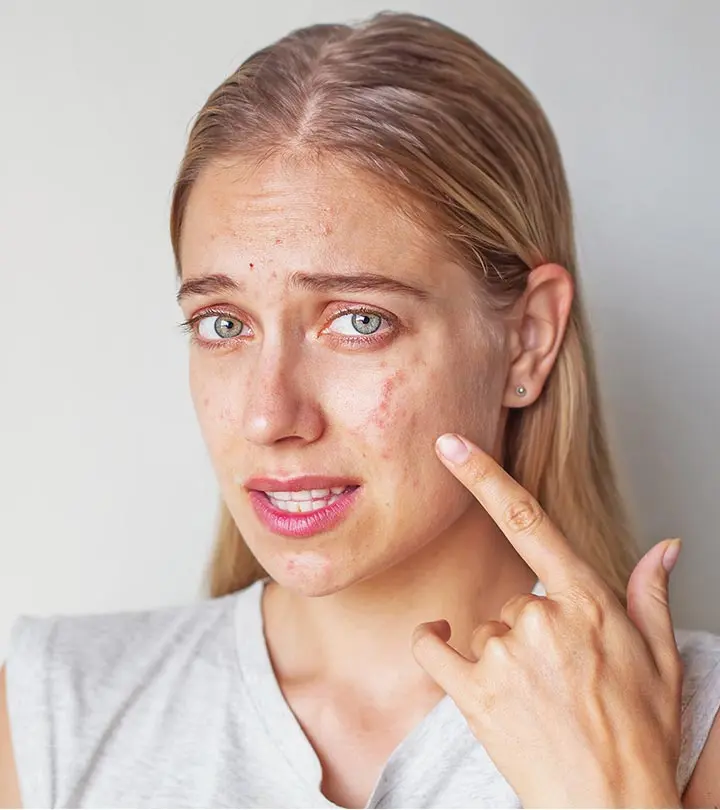
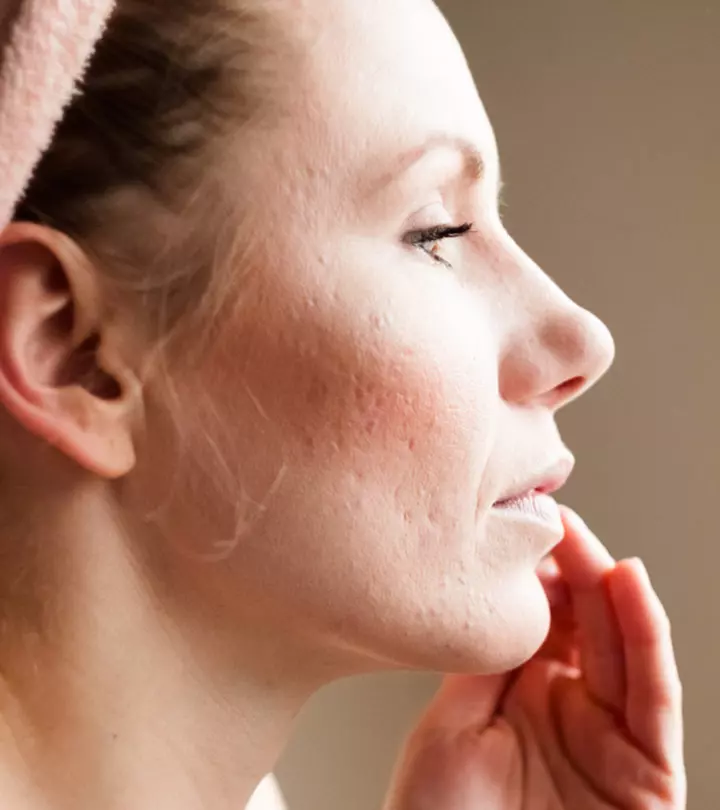
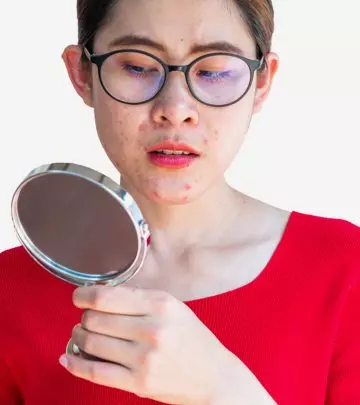
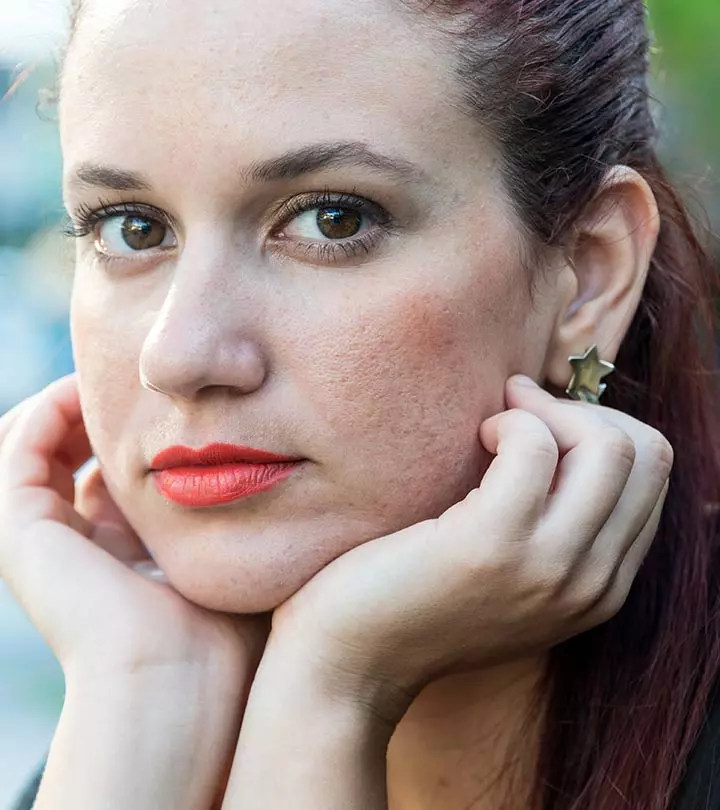
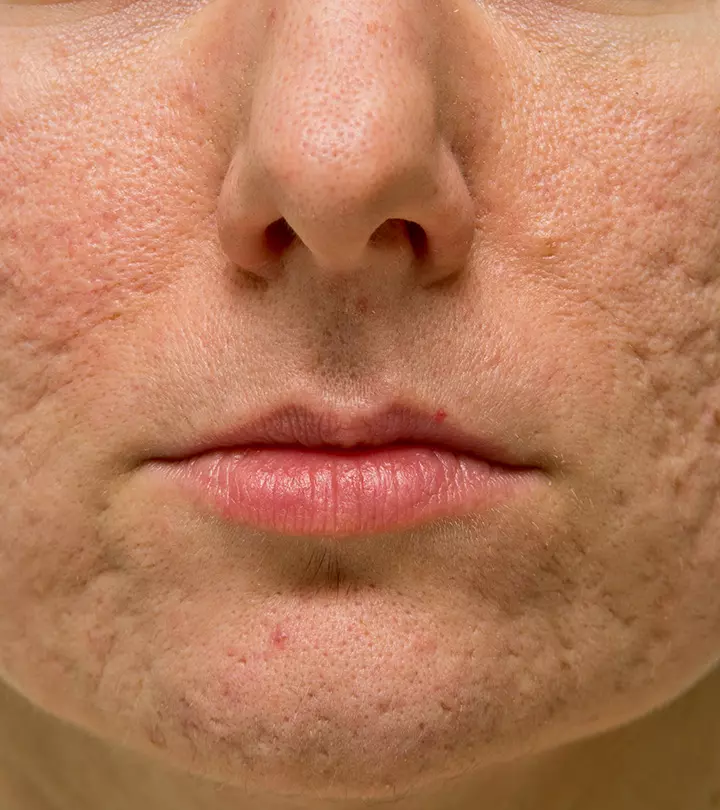
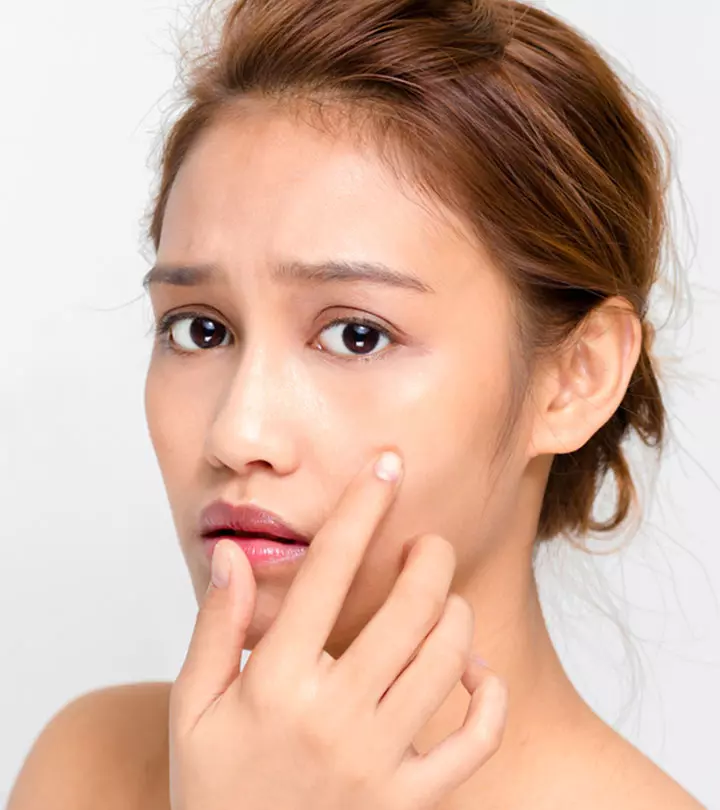
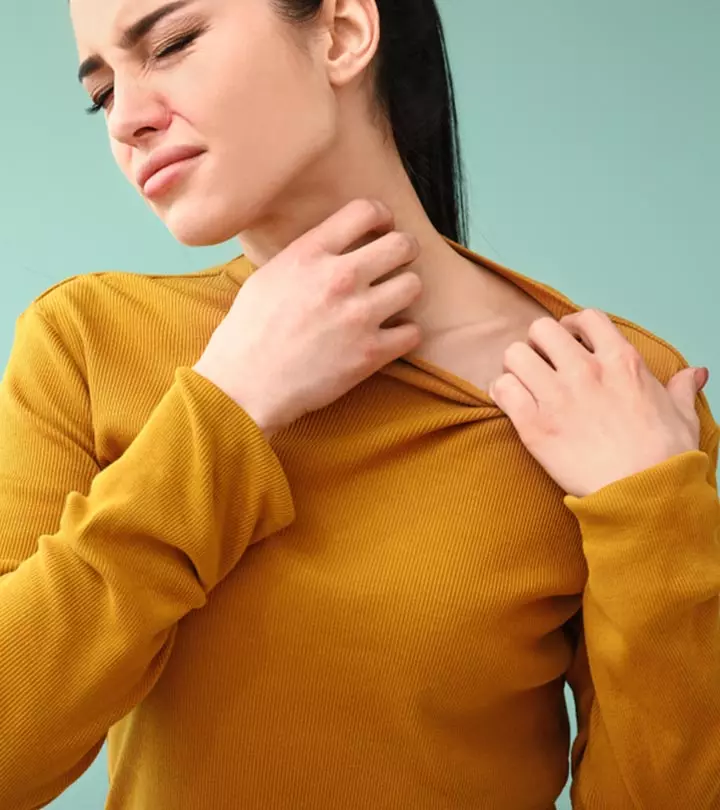
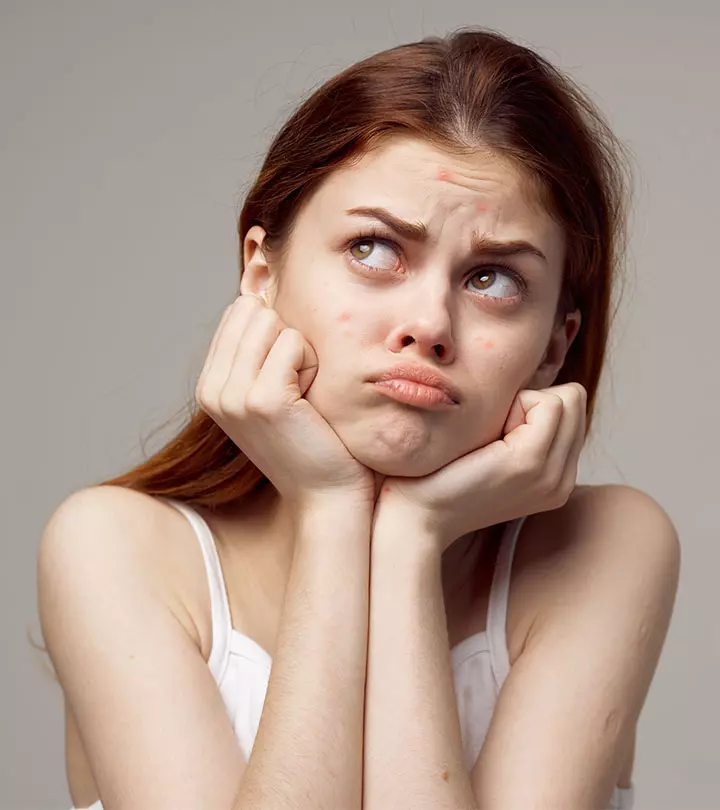
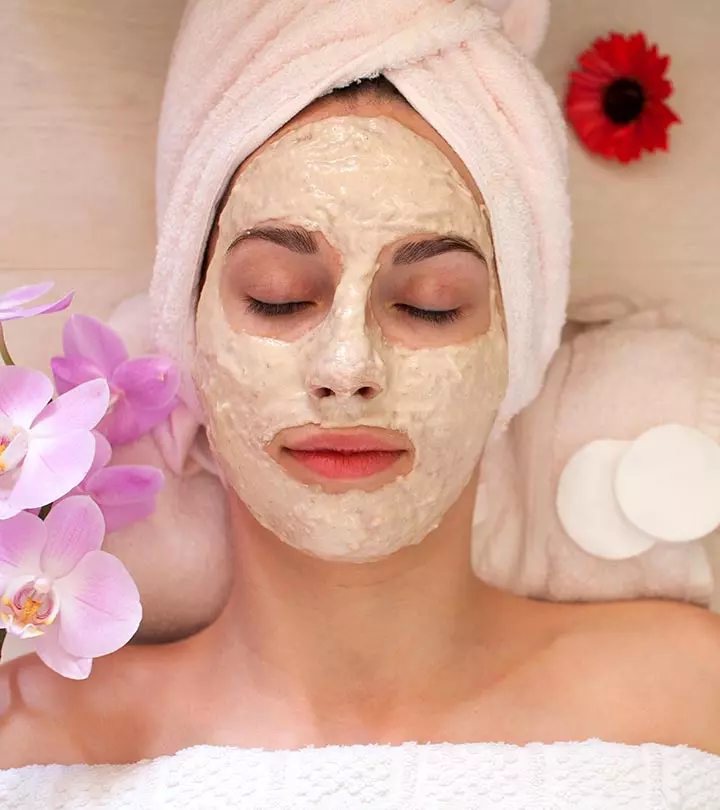
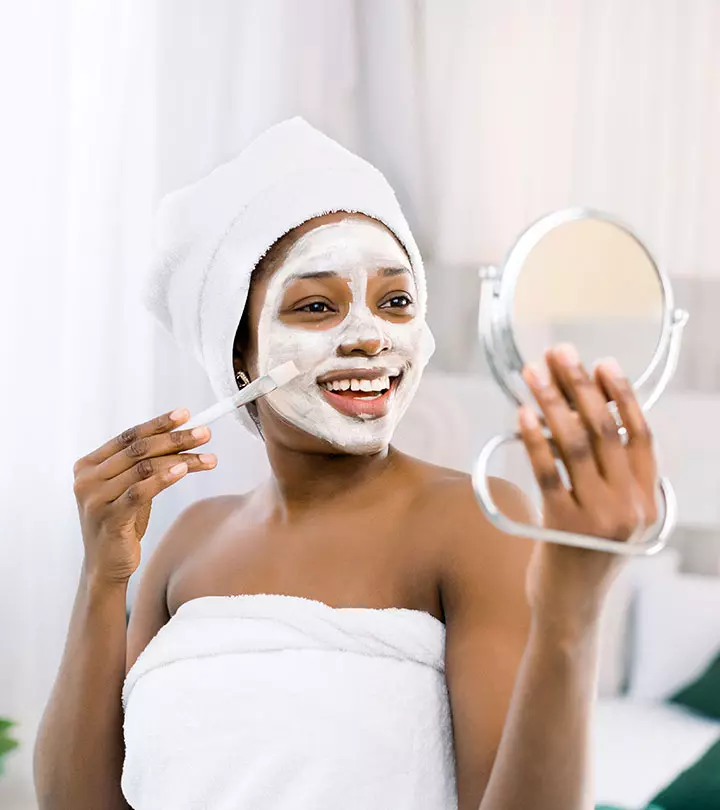
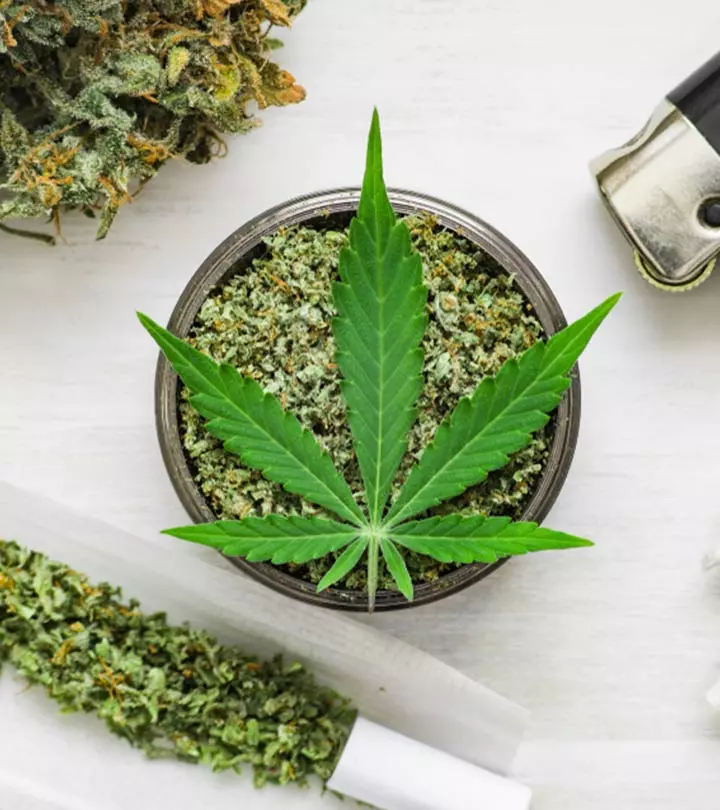
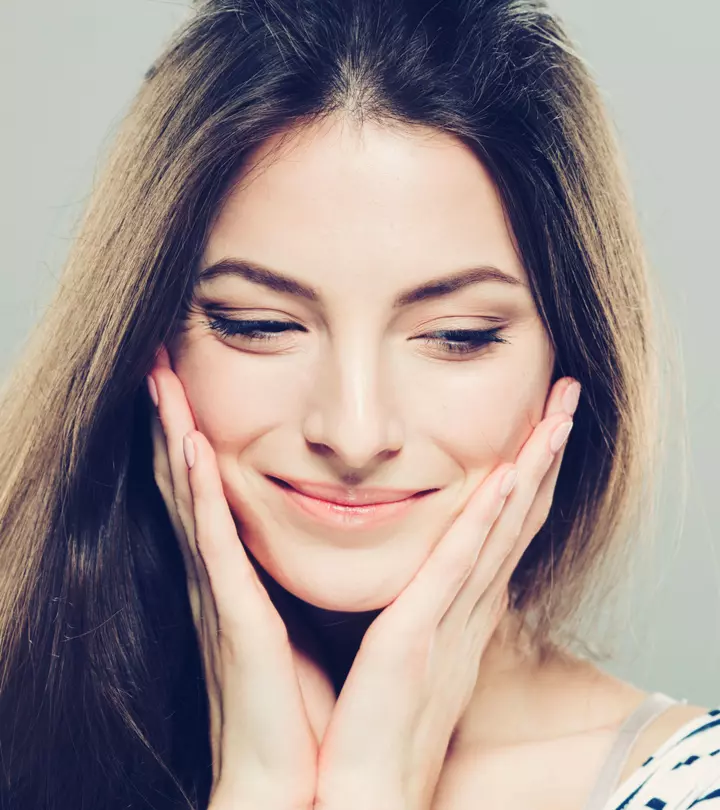
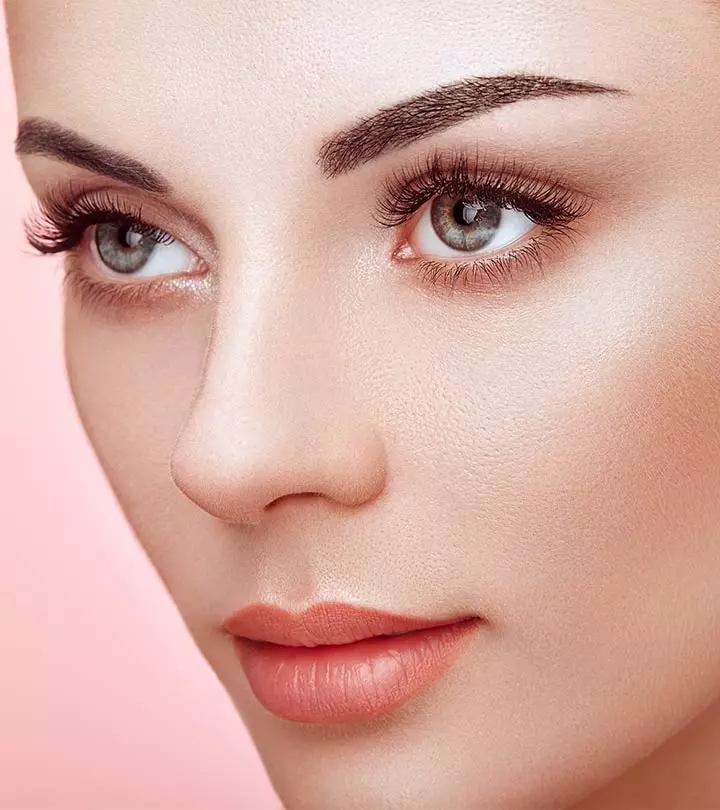
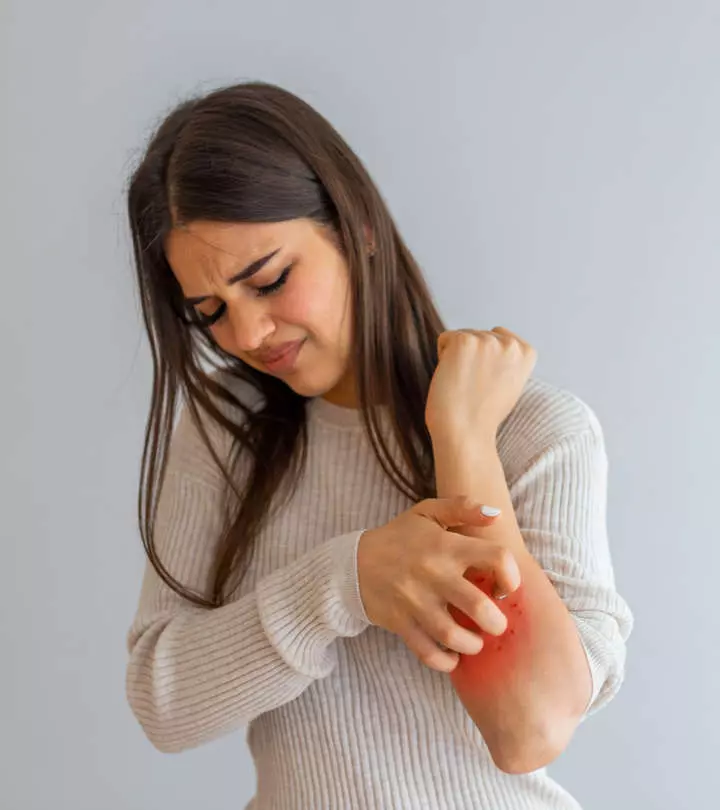
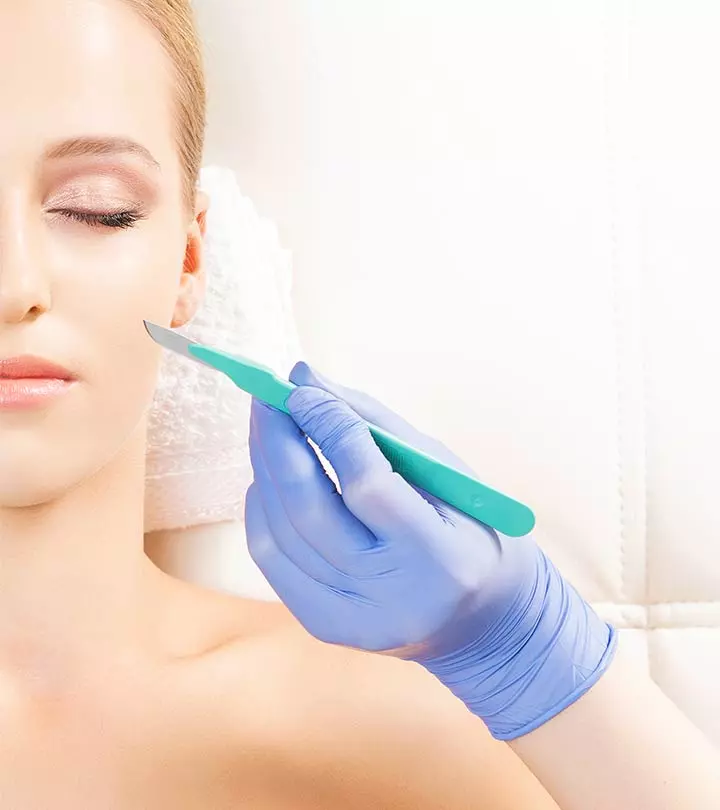
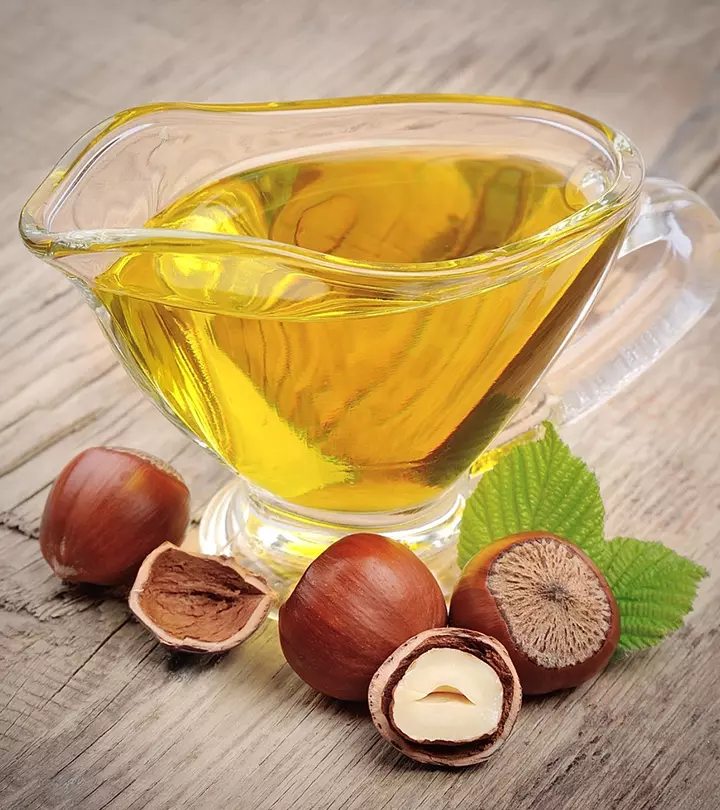
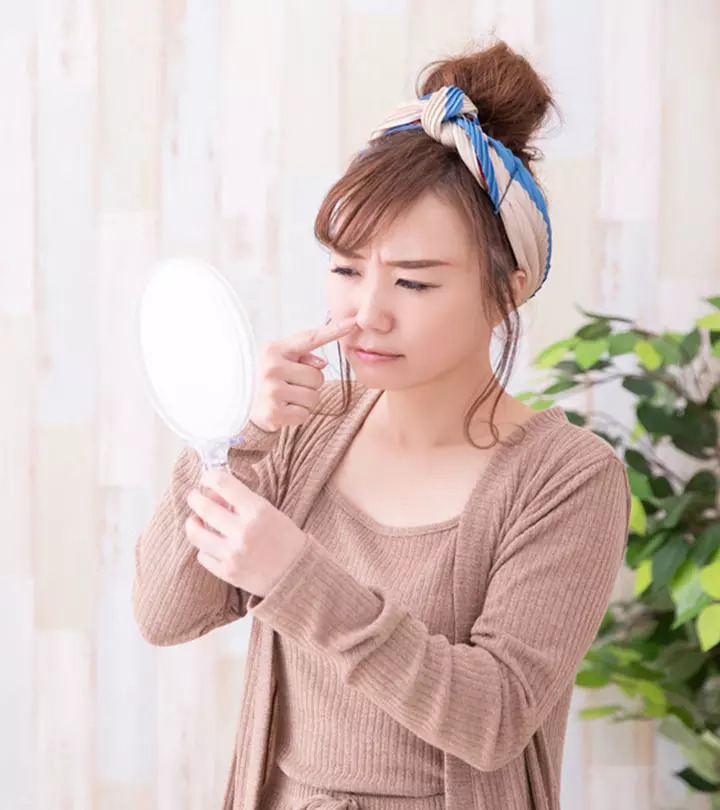
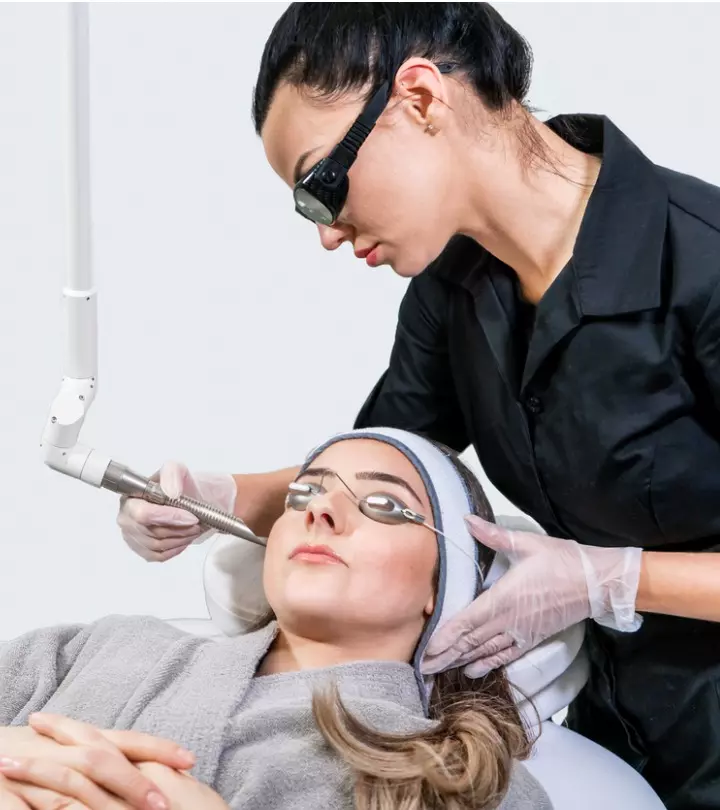
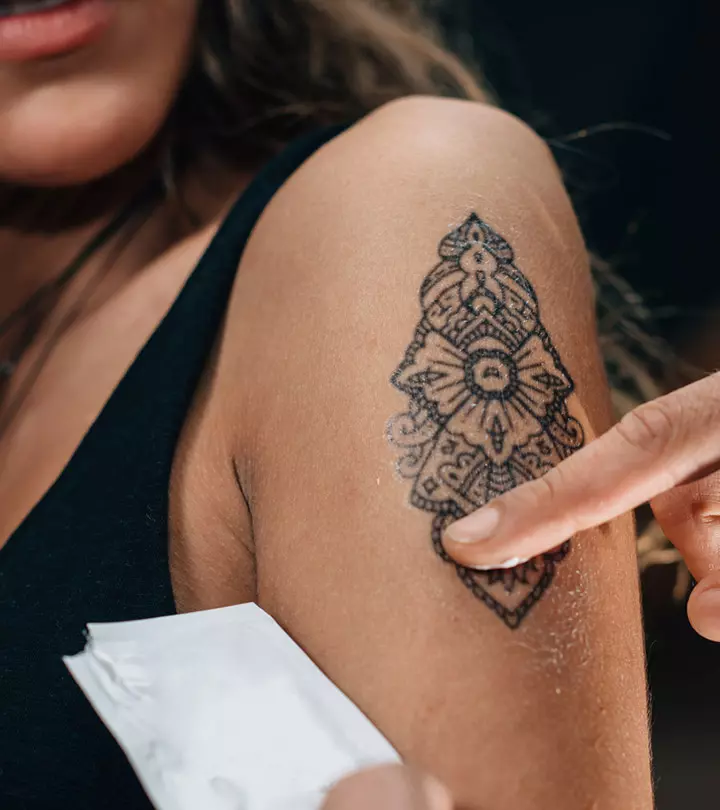
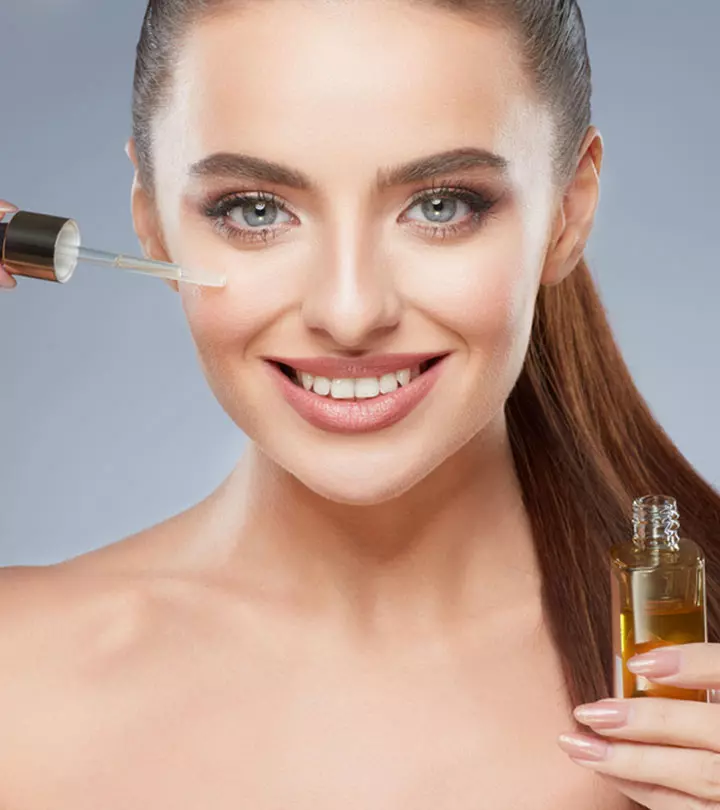
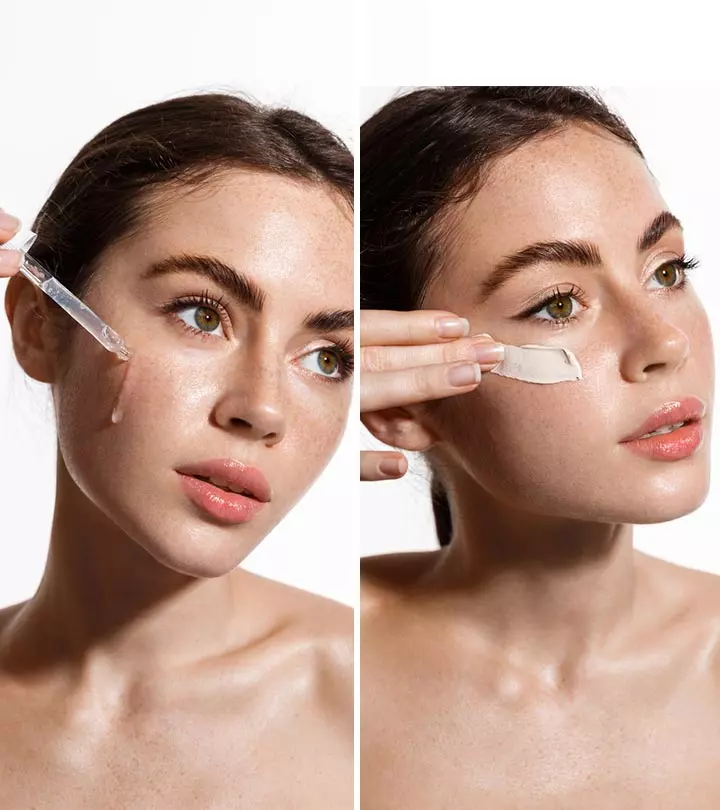
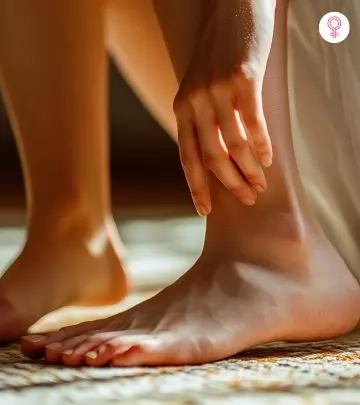
Community Experiences
Join the conversation and become a part of our empowering community! Share your stories, experiences, and insights to connect with other beauty, lifestyle, and health enthusiasts.